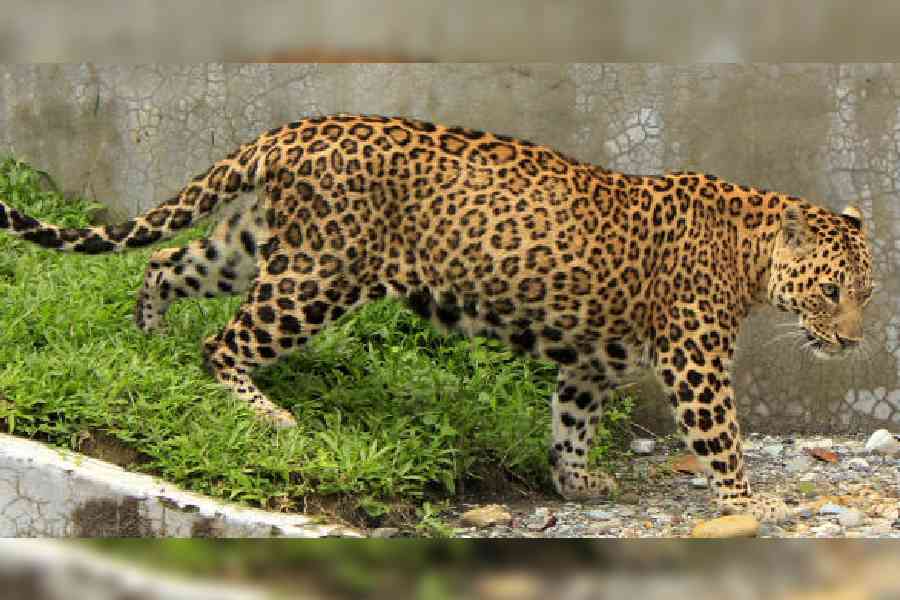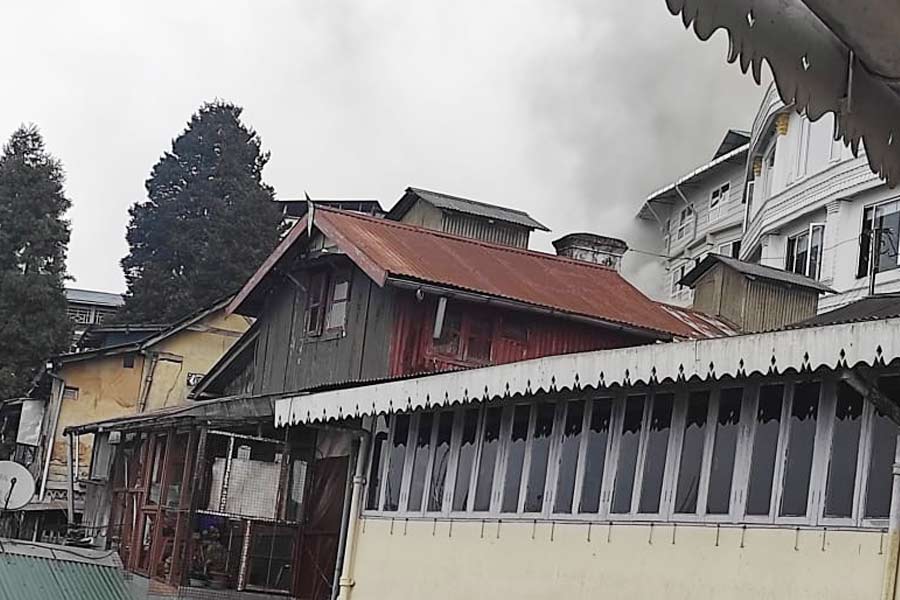A national study conducted by the Union ministry of forest, environment and climate change has said there are over 230 leopards in north Bengal and there has been a growth in the animal population for years.
On Thursday, the all-India estimation of leopards that was carried out in 2022 was published by the ministry. The report says there are 233 leopards in northern parts of Bengal.
“According to the report, there has been a substantial increase in the population. This is because in an earlier estimation which was carried out in 2018, the leopard population was 83 in north Bengal. This means, there has been a 200 per cent increase in the population,” said a senior officer of the state forest department.
The report said in neighbouring Assam, the number of leopards reached 74 from 47 during the same period, while in Arunachal Pradesh, the leopard population increased to 42 in 2022 from 11 in 20182.
“The survey also said the leopard population had increased by 67 per cent outside protected areas. This shows the habitat of leopards has shrunk in the region,” said a source.
Foresters said the count had not been done in tea gardens, which are also known as leopard habitats.
“Leopards are often sighted and trapped in tea gardens. Particularly during November and March, female leopards enter tea gardens to deliver cubs. That is why it is necessary to cover tea gardens, especially those near forests, in the census,” said Animesh Bose, a wildlife conservationist based in Siliguri.
Bhashkar J.V., the chief conservator of forests (wildlife, north), said trap cameras were used for the leopard count.
“We feel another 200 leopards live on tea estates. We will try to include tea plantations also in the process to count leopards in north Bengal,” he said.











